Advertisement
Plus, two easy-to-spot kidney disease risk factors
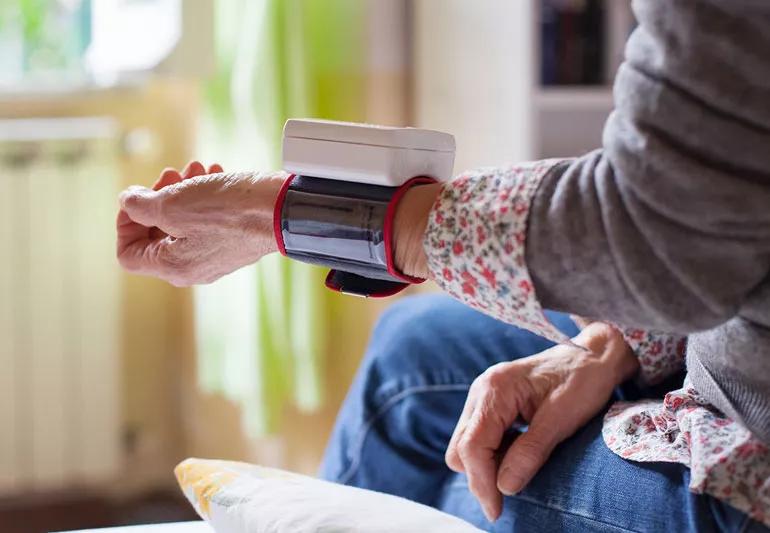
Your kidneys are like the technical crew from the latest “Avengers” movie. They may not be the flashy superheroes, but without their unsung work, you don’t have a blockbuster.
Advertisement
Cleveland Clinic is a non-profit academic medical center. Advertising on our site helps support our mission. We do not endorse non-Cleveland Clinic products or services. Policy
Your kidneys have the thankless but critical job of getting rid of waste and extra fluid. Plus, they keep your organs working. Nephrologist Juan Calle, MD, explains how to look for early signs of kidney disease so you can keep your kidney crew as healthy as possible.
Renal failure, also called kidney failure or kidney disease, happens when the kidneys are not working efficiently or effectively. An estimated 37 million U.S. adults are living with chronic kidney disease, according to the U.S. Centers for Disease Control and Prevention.
Even more shocking? Nine in ten adults who have it don’t even know it.
How could that be? “People don’t usually have noticeable signs of kidney failure until it is very advanced,” says Dr. Calle.
This sneak attack is why kidney failure is known as a “silent killer.”
By the time it’s diagnosed, dialysis and kidney transplant usually have unwelcome seats at the table. So it’s critical to catch any problems before kidney dysfunction passes the point of no return.
So how do you turn up the volume on this silent killer? Dr. Calle says to pay attention to these five signs of kidney failure:
Advertisement
But here’s the problem (as if we didn’t just list five): These symptoms seem to appear with no rhyme or reason. “You could have all the symptoms at the same time or intermittently, or you may have one but not the others,” Dr. Calle explains. It can feel like playing symptom Russian roulette.
To play it safe, see your doctor even if just one of these symptoms makes an appearance.
Two risk factors may rear their ugly heads before you notice any kidney failure symptoms, giving you a head start to get on top of this disease.
The first one to watch for is high blood pressure (again). “High blood pressure may be a sign of kidney disease, or it may cause it. It’s the chicken-or-egg dilemma,” Dr. Calle says.
Diabetes is another key risk factor. “Anyone who has high blood pressure and diabetes needs to be screened for kidney diseases.”
Other important risk factors include:
And when in doubt, check it out. Dr. Calle recommends taking any questions or concerns to a primary care physician, internist or nephrologist.
“Don’t rely on your Internet research,” he says. “Some websites are not reputable and can needlessly scare you.”
Advertisement
Learn more about our editorial process.
Advertisement

Lifestyle changes can help, but you may also need medication
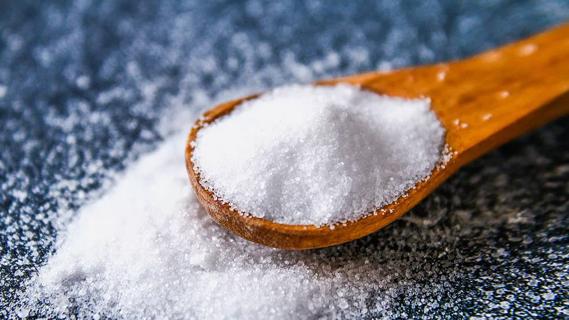
Excess salt and sodium consumption is a worldwide health concern

While not magic elixirs, some drinks like beet juice and skim milk may help keep numbers down

Don’t believe the rumors about aspirin being a magic way to lower BP
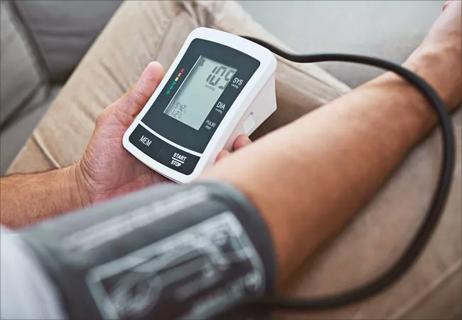
Steer clear of bells and whistles — simple, affordable monitors are all you really need
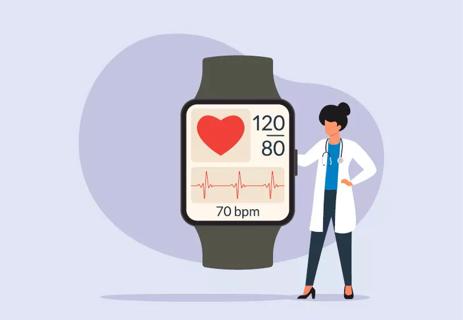
Both are related to your cardiovascular system, and both can impact the other

Expect some new prescriptions, as well as recommendations to avoid some medications
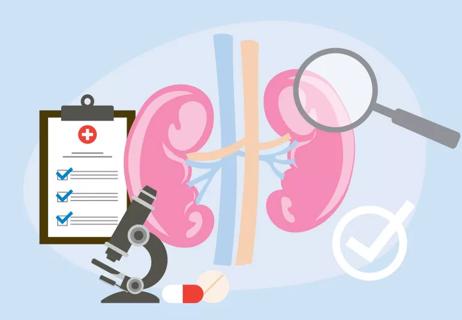
You may not notice any symptoms of kidney disease until later stages

When you get bogged down with mental tasks, you can experience mood changes, sleeplessness and more
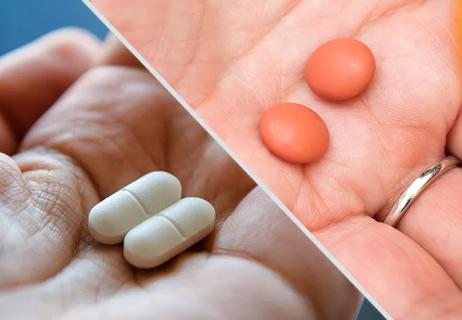
You can alternate these OTCs to help with pain management and fever reduction

Non-exercise activity thermogenesis is all the activity we do that’s not technically exercise but is still important to your health and well-being